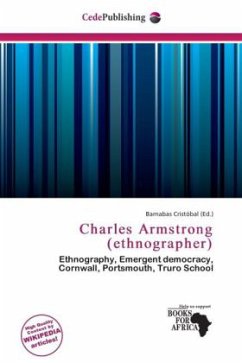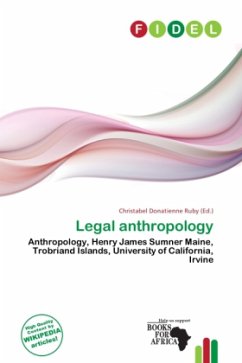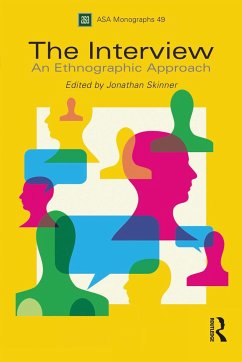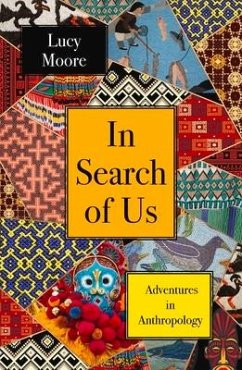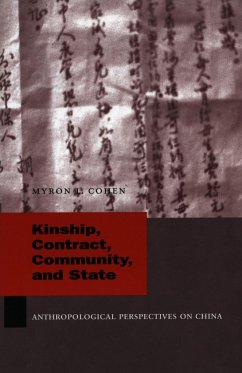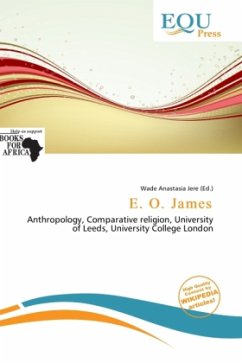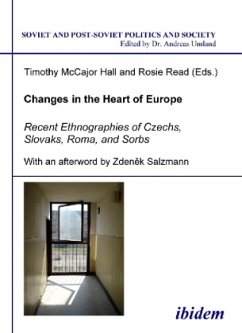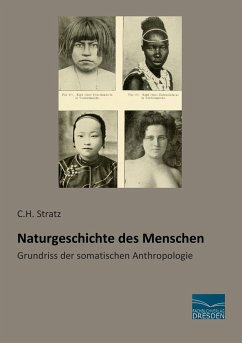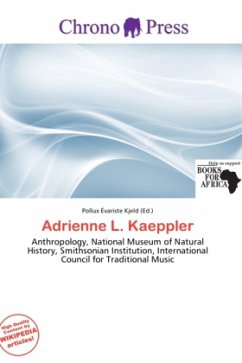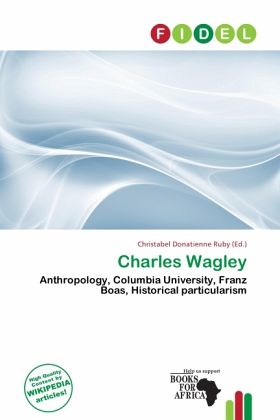
Charles Wagley
Anthropology, Columbia University, Franz Boas, Historical particularism
Herausgegeben: Donatienne Ruby, Christabel
Versandkostenfrei!
Versandfertig in 6-10 Tagen
36,99 €
inkl. MwSt.

PAYBACK Punkte
18 °P sammeln!
Please note that the content of this book primarily consists of articles available from Wikipedia or other free sources online. Charles Wagley (1913 1991) was an American anthropologist and leading pioneer in the development of Brazilian anthropology. Wagley began graduate work in the 1930s at Columbia University, where he fell under the spell of Franz Boas and what would later become known as the "historical particularist mode of anthropology. Wagley completed his dissertation, entitled Economics of a Guatemalan Village, in 1942, but had already begun exploring other fieldsites in Brazil. Alo...
Please note that the content of this book primarily consists of articles available from Wikipedia or other free sources online. Charles Wagley (1913 1991) was an American anthropologist and leading pioneer in the development of Brazilian anthropology. Wagley began graduate work in the 1930s at Columbia University, where he fell under the spell of Franz Boas and what would later become known as the "historical particularist mode of anthropology. Wagley completed his dissertation, entitled Economics of a Guatemalan Village, in 1942, but had already begun exploring other fieldsites in Brazil. Along with Claude Lévi-Strauss, Wagley was one of the chief exponents in Brazilian anthropology. During World War II, Wagley s familiarity with Brazil s agriculture industry led him to advocate the US government to channel aid to Latin America to facilitate rubber production. During this time, he conducted long trips in the Amazon Basin, researching specifically among the Tapirapé of central Brazil and with the Tenetahara in the eastern portion of the country. Wagley returned to Columbia and took several key leadership roles. Also teaching in Columbia at the time was Julian Steward, another former student of Boas and whose idea of areal studies greatly impacted a new shift in American anthropology.



